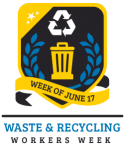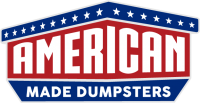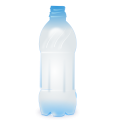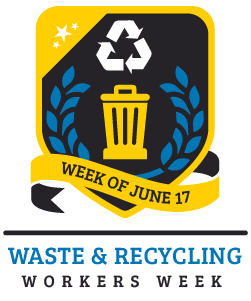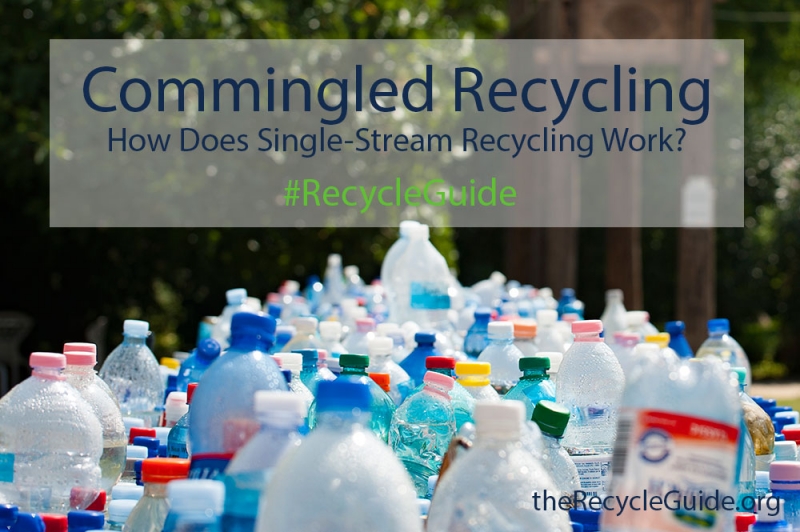
What are Commingled Items?!
There are many ways to collect and process recyclable materials. While some areas require recyclables to be presorted, others offer fully commingled or single-stream recycling. If you place your household recyclables, including glass, paper and plastic, in a single recycling bin, you are using a fully commingled service.
Curbside Convenience
When recycling is easier, more people tend to participate. Single-stream recycling can also reduce the cost of collection vehicles while increasing the flexibility of the fleet. Plus single-stream recycling allows for the use of large bins and automated collection.
How Does it Work?
Just because you mix all your recyclable items together doesn’t mean they stay that way. A recycling truck will collect the items from your bin and transport them to a sorting station. Once there, materials are processed and sorted into various groups.
Plastic is sorted into different types and colors, filtered and sifted, then chopped and melted into pellets or extruded into fibers. Glass is sorted by color, washed, crushed and melted. Aluminum cans are chopped up, heated to remove paint, melted in a vortex furnace, poured into ingots and rolled into flat sheets to make new cans.
Want to know more? This video by Recycle More NC offers a great explanation on recyclables are mechanically sorted at a Material Recovery Facility.
Who are Scrappers?
Every week, people drive through neighborhoods searching for discarded appliances and other large items that can be taken apart and turned in for cash. A scrapper may drive through your neighborhood looking for bulk waste and discarded appliance. They disassemble those appliances to find materials and parts they can turn in for cash. The scrapper makes a few bucks and large, non-recyclable items stay out of the landfills.
In a way, scrappers are sorting commingled items. While some may not like scrappers combing through their neighborhoods and trash, it’s actually helpful to the environment. By removing recyclable or reusable parts and materials, they are recycling.
Don’t Listen to the Garbage Grouch
Have your ever been to a Homeowner’s Association (HOA) or Town Hall meeting and heard someone try to convince neighbors trash and recycling go to the same place? These individuals argue it doesn’t matter if items are tossed in the trash or recycling bin. They may be arguing against the cost of curbside recycling or they may just not like to sort their trash.
With a little bit of digging, you can confirm recyclable items really do get sorted and processed differently than regular household trash. Which means those recyclables will get reused, reduce the need to harvest new materials and result in a little less waste in landfills.
If you have a grouchy neighbor who tries to convince you recycling is not effective, don’t listen. Keep on taking care of the environment and do your part to recycle. And if you’re up for the challenge, educate them on how single-stream recycling really works.
Take Action!
Every item that you recycle means one less item in a landfill. If you’re already recycling, keep up the good work! If you’re not, find out how you can get a recycling bin through your city or where you can drop off items to be sorted and recycled. You can even go the extra mile and become an environmentally conscious shopper. Check the packaging before you buy to see if it is recyclable or made from post-consumer materials.
Are you recycling household items? Use #RecycleGuide and share on Facebook and Twitter how you recycle commingled items.
Recycle Item of the Month brought to you by…
|
|






